Disability Inclusion Seen as Key to Building Environmental Resilience in Rwanda
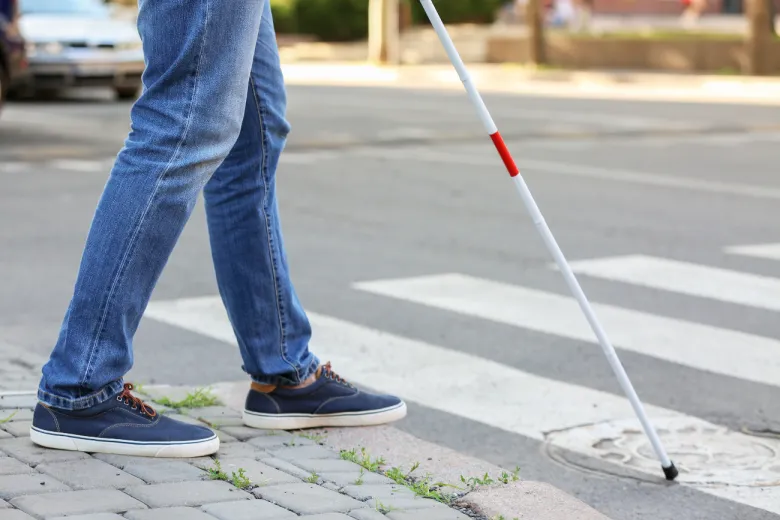
The Executive Director of the Rwanda Union of the Blind (RUB), Jacques Mugisha, has called for greater recognition of the role persons with visual impairments can play in shaping an inclusive and sustainable society.
In a message shared by the organization, Mugisha emphasized that living well as a person who is blind requires effort, intelligence, and determination. He said that progress is possible only through commitment and collaboration.
“To live well in this life without sight, we must use our minds and the strength of our hearts. There is nothing we can achieve without effort,” he said.
Mugisha added that while people who are blind face many challenges — especially misunderstandings and discrimination — they continue to demonstrate that they can perceive and contribute beyond what is visible.
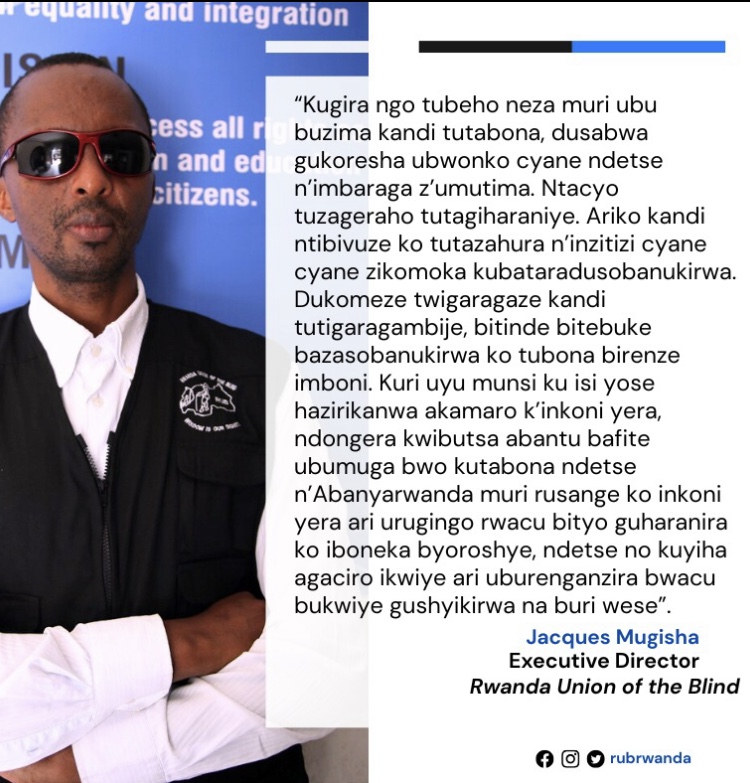
“This does not mean we will not face challenges, especially those linked to being misunderstood or discriminated against. We must keep showing that we see beyond appearances,” he said.
He noted that on days when the world recognizes the value of the white cane, it is important to remember that people with visual impairments are part of the wider human community.
“The white cane is not a sign of weakness, but a symbol of our journey toward visibility, dignity, and inclusion,” Mugisha said.
His remarks come at a time when inclusion is increasingly being discussed as an essential part of sustainable development and climate resilience. In Rwanda, where communities are facing environmental challenges such as floods and land degradation, disability organizations are highlighting the need to ensure that no one is left behind in environmental planning and response.
By linking dignity, participation, and shared responsibility, Mugisha’s message aligns with the broader understanding that sustainability depends on inclusion — ensuring that every person, regardless of ability, has the opportunity to contribute to and benefit from environmental progress.

Trending Now
Hot Topics
Related Articles
Rwanda Plans Eco-Friendly Tannery Park in Bugesera to Drive Sustainable Leather Industry
The Government of Rwanda is advancing plans to build a tannery park...
Why Biodiversity Matters: Rwanda Sets a Global Example in Sustainable Development
In a world where industrial growth often comes at the expense of...
The Air, Water, and Soil We Share: How Rwanda Plans to Grow Without Harming Nature
At the ISO Annual Meeting 2025 in Kigali, Rwanda took center stage...
ISO and ARSO Sign Landmark Kigali Agreement to Strengthen Standards and Boost Trade Across Africa
In a move hailed as a milestone for Africa’s economic integration, the...




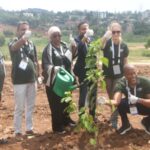



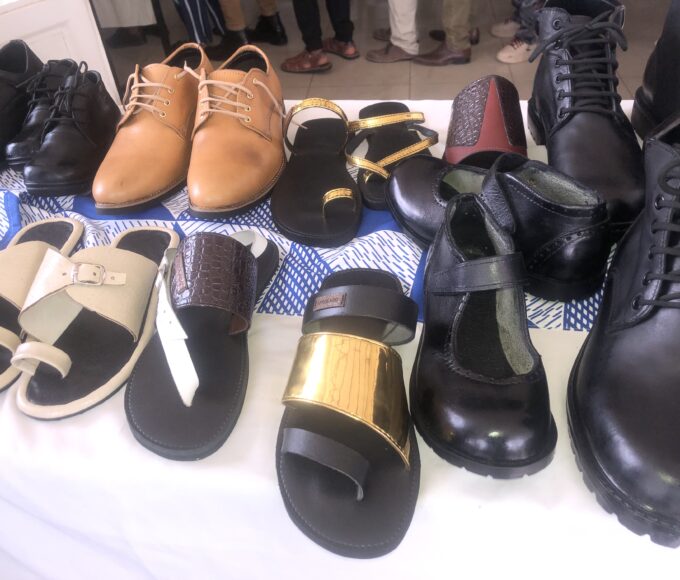
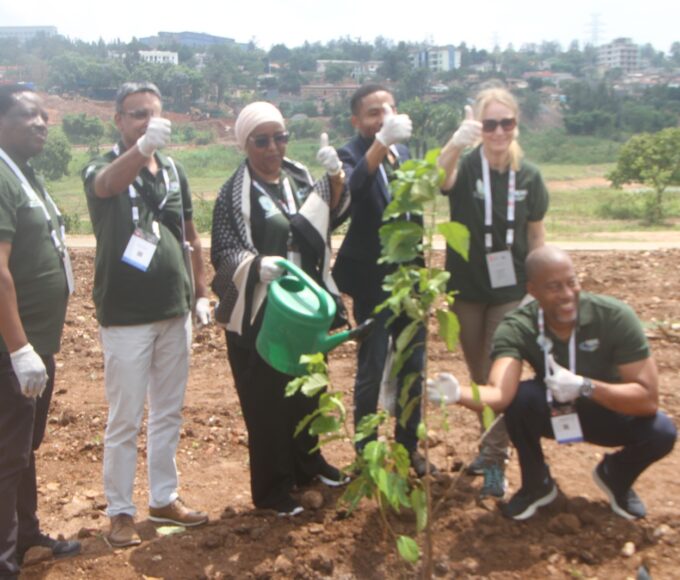
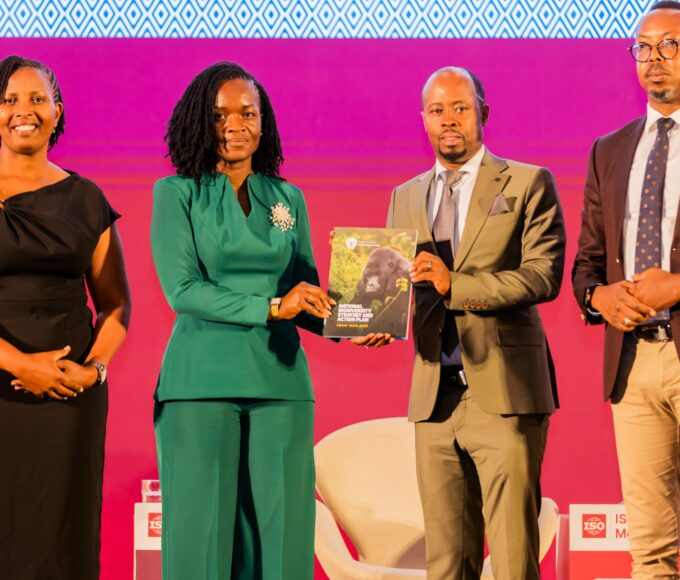
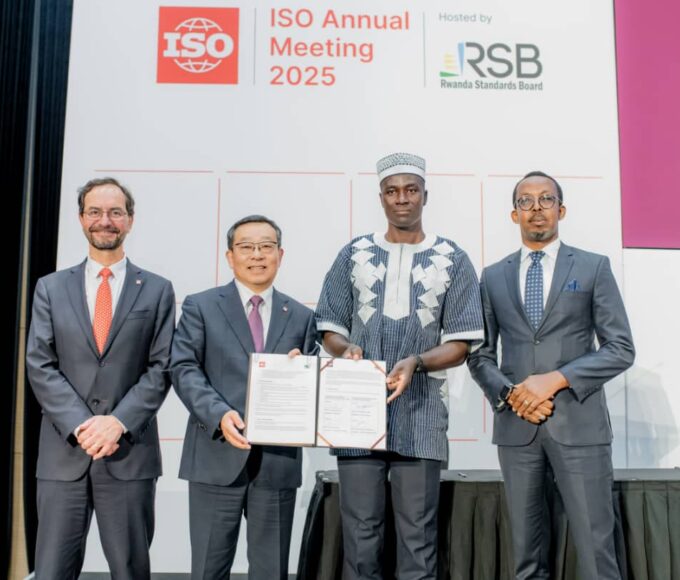
Leave a comment